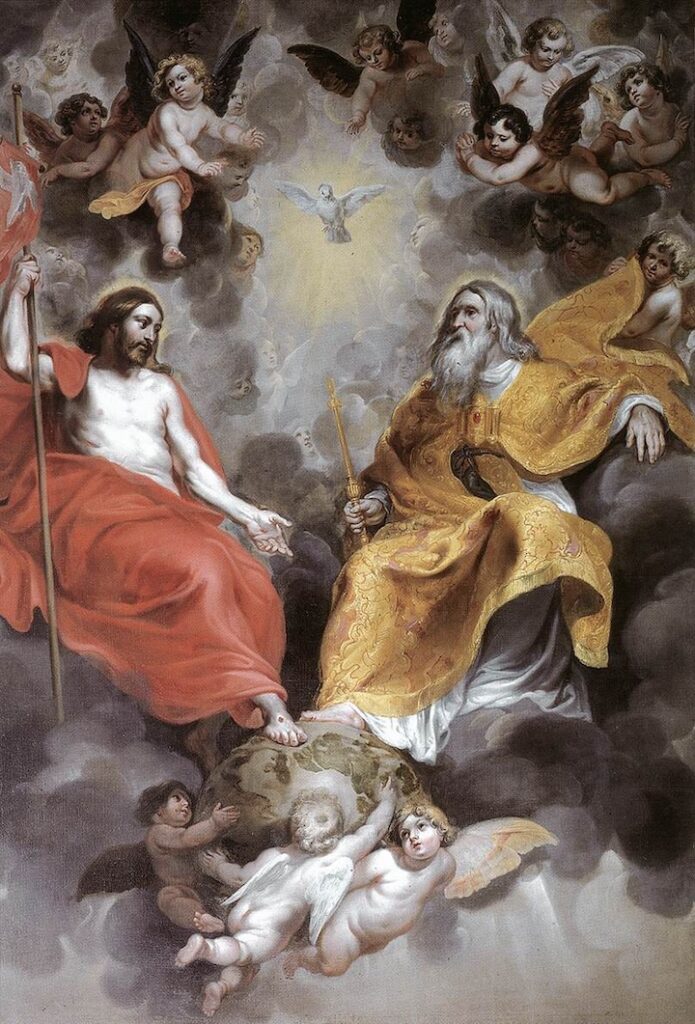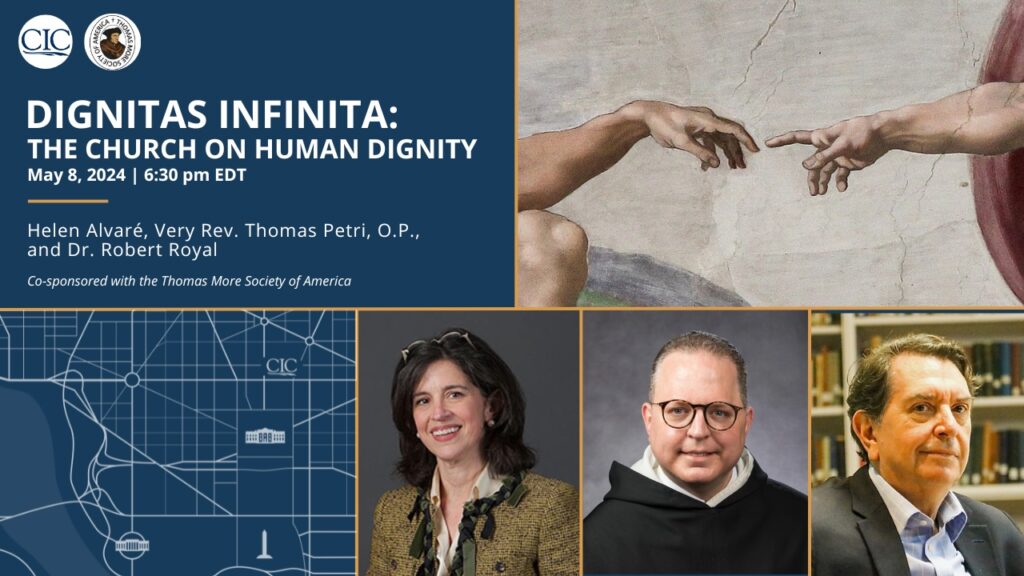You know you’ve married well when you ask your wife what she thinks about the “archaic” 1864 Arizona abortion law and she says, “Most excellent.” (She’s from California.) To the law’s critics, the U.S. Constitution must be even more archaic, and the Ten Commandments positively primeval (or, as they might say, “handed down by a mythological ‘flying spaghetti monster’ even decades before”).
All of which raises a familiar question, evident to any observer of American politics today. Why is it that Christian people of faith are so much more rational and reasonable than the faithless. The faithful don’t deny biology (when it comes to sex). They don’t deny the laws of grammar (when it comes to gender). And they have a misguided but charming desire to reason with their opponents. Why is that?
Actually, let’s raise the stakes of the question. Why does God desire our assent through faith?
Consider: no religion is more firmly grounded in history – in documented historical events – or steeped in reason than Christianity, where the word, logos, is the beginning of everything. No religion has a deeper library of philosophy than the Catholic Church, the home of Saint Augustine, Saint Anselm, Saint Thomas Aquinas, Cardinal Newman, and countless others.
So, given its historical, reasonable, and philosophical proofs, why does Christianity insist on the importance of faith, which the Letter to the Hebrews (11:1) famously defined as “the substance of things hoped for, the evidence of things not seen.” Well, maybe because it is our faith that determines our goodwill to assess evidence and assign hope as we should – instead of letting pride, or another deadly sin, guide us.
Pride, for many people, is a starting point. “My life is my own,” they say, which is only a partial truth. As a matter of biological fact, our lives are gifts from our parents. Hence, the Biblical commandment to honor one’s mother and father. In some traditional cultures, honoring one’s mother and father is not just a matter of gratitude, but of reverence, of ancestor worship, a recognition that “no man is an island, entire of himself.”
John Donne, the poet who wrote those lines, was an Anglican priest. He would have understood that ultimately his life was a gift from God. A person who believes that will almost certainly have a broader vision, higher aspirations, worthier ambitions, and deeper virtues than the person who believes his life is solely his own. He will more likely recognize the wisdom of the beatitudes; he will be much more willing to take up his cross and follow the path of duty; he will, in short, be a person of goodwill.
What we might call “liberalism,” however, works the other way, reducing the individual to himself (“my life is my own”), his wants and desires (his presumed “happiness”), and his transactions and interests (his material gain and comforts).

Such liberalism has, of course, brought us the “Nones” – the rising tide of young people who profess no religion because they accept no reference points outside themselves. To them, faith and reason, history and philosophy, tradition and gratitude, are all irrelevant. All that matters is “me.” The idea of an eternal soul (especially one facing a judgment outside oneself), of morality that goes beyond self-satisfaction (and self-congratulation: “I am a good person”) is summarily rejected.
The Church teaches that we honor God’s gift of life through seven capital virtues, which are the fruits of faith: humility, charity, chastity, gratitude, temperance, patience, and diligence. These are what distinguish men of goodwill. To the Nones, however, the seven capital virtues are nonsensical.
If our life is our own, why do we need humility, chastity, or gratitude? Charity, temperance, patience, and diligence sound suspiciously like shackles on ourselves. Truth be told, the Nones prefer the seven deadly sins – pride, sloth, greed, lust, gluttony, envy, and wrath – which they transform into positive goods.
Pride, to them – if it is not a flag – is simply self-esteem and self-affirmation, perhaps the highest virtues in their pantheon. Likewise, sloth (the computer gamer in the basement) can be a lifestyle choice. Greed is not a sin, if you’re a materialist. No one can call someone a glutton (that’s fat-shaming). Most of all, lust is not a sin (that’s outdated Christian morality). Lust is freedom to fornicate as one desires. And if our desires – any desires – are denied, we are perfectly justified in expressing envy (perhaps against white privilege) and wrath (against the patriarchy, conservatives, Christians, or anyone who would restrict, say, our desire for an abortion).
Actually, the entire decline and fall of Western Civilization can be seen in this simple shift from “Life is a gift from God” to “My life is my own”; from Christian faithfulness to nihilistic faithlessness; from belief in the Gospel to disbelief in anything but oneself and one’s presumed right to “define one’s own concept of existence, of meaning, of the universe, and of the mystery of human life,” as one robed figure once put it.
Catholics know that faith and reason support each other because it is faith that asks us to conform ourselves to the truth (natural law) and not to our own whims, material or sensual interests, or pride. It is faith that helps us to fully, and objectively, understand reality.
G.K. Chesterton, “in answer to the historical query of why [Christianity] was accepted, and is accepted,” said, “I answer for millions of others in my reply; because it fits the lock; because it is like life.” In faith, we live in accord with reason (and are willing to reason with others). In faith, we live with hope (and thus charity). In faith, we celebrate what is objectively good, and true, and beautiful. It is in faith, then, that we become not just men of goodwill, but men in full, the men God meant us to be.
And it is faith that we realize the value of human life and why “archaic” laws like the Ten Commandments and Arizona’s 1864 abortion law are indeed most excellent.
__________
You may also enjoy:
David G Bonagura, Jr. Why Catholicism is the True Religion
Robert Royal The Catholic Thing
















